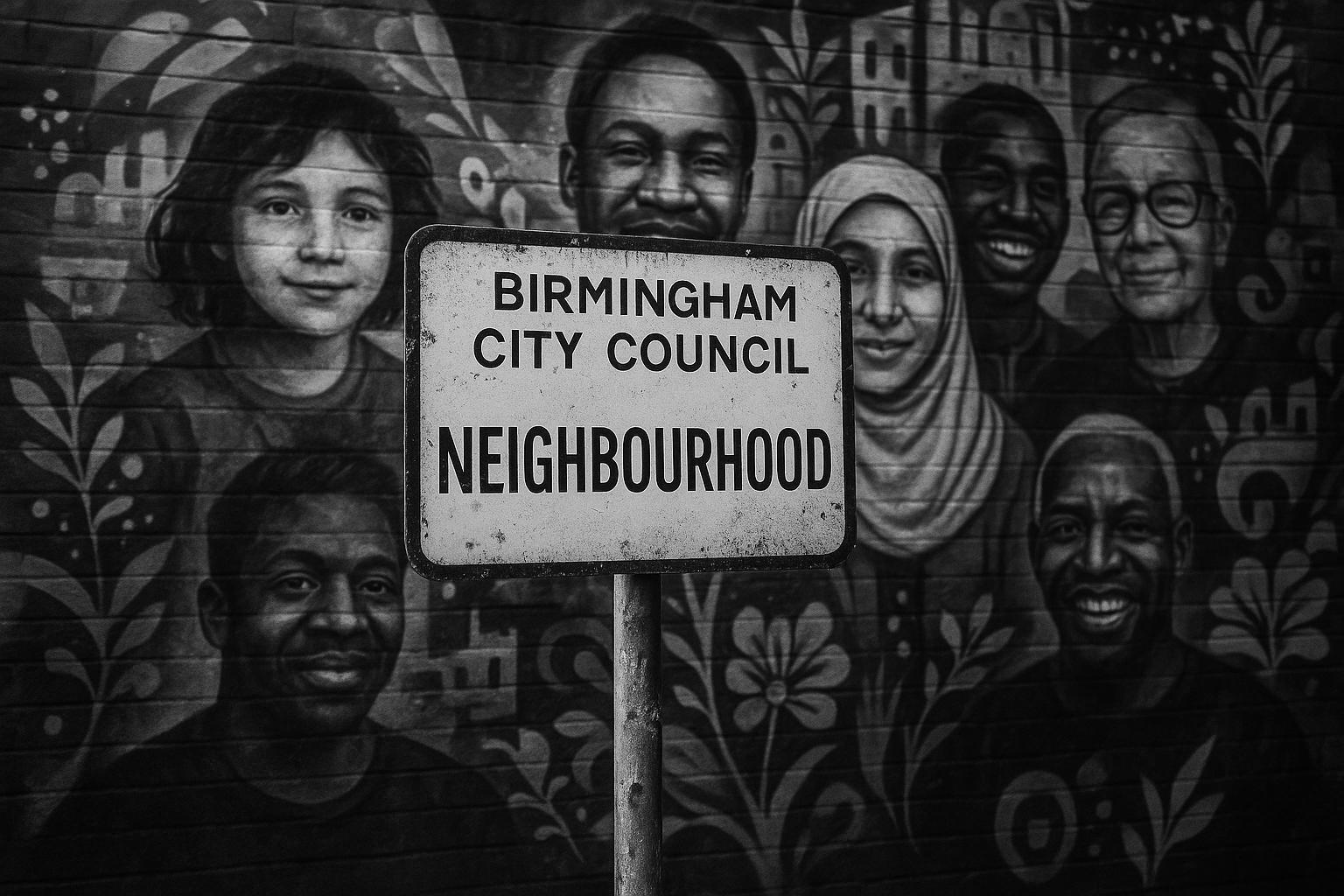With its vibrant mix of Asian grocery stores, West Indian bakeries, sweetcorn street vendors, and even a branch of the Bank of India, Handsworth’s Soho Road paints a vivid picture of multicultural Britain. Yet, despite this apparent diversity, Tory Shadow Justice Secretary Robert Jenrick’s recent characterisation of the area as a “slum” and “one of the worst integrated places” he has visited has ignited fierce debate. During a 90-minute visit earlier this year, Jenrick expressed shock at the apparent lack of visible white faces, describing the scene as one he had “never seen before” and asserting it was “not the kind of country I want to live in.”
Birmingham City Council statistics corroborate some of Jenrick's observations: only 8.7 per cent of Handsworth’s population is white (1,032 out of 11,814 residents), with the two largest ethnic groups being Indian and Pakistani. However, the local reality presents a more nuanced picture than the stark terms used by Jenrick. On the ground, many residents and business owners vocally rejected the notion that Handsworth suffers from poor integration. For example, British Asian couple Kerry and Rishi Lothiyi described it as a “melting pot” and a community where different cultures coexist harmoniously, with Rishi stating he never experienced racism growing up in the area except in the city centre.
The reaction from the community and public figures alike has been overwhelmingly critical of Jenrick’s choice of words. Local councillors, the Bishop of Birmingham, and the Mayor of the West Midlands condemned the comments as divisive, citing concerns that such remarks could exacerbate racial tensions. The Bishop of Birmingham, The Right Reverend Michael Volland, called Jenrick’s comments “disgraceful,” warning that they risk stirring division at a time when unity is crucial. Similarly, West Midlands Mayor Richard Parker accused Jenrick of separating people by race, demanding more respect for the region’s diverse communities rather than political point-scoring.
Several residents have also articulated frustrations with the portrayal. Liz Davies, a retired teacher and longstanding resident, labelled Jenrick’s remarks as “ignorant” and “based on bigotry,” emphasising that Handsworth is a vibrant and multicultural community where neighbours from different ethnic backgrounds live peacefully. Business leaders and locals echoed these sentiments, highlighting the thriving business environment on Soho Road, which draws people from across the UK and beyond regardless of ethnicity.
While Jenrick doubled down on his comments, maintaining they were observations made during a video shoot amid the city's bin strike, others suggest his remarks risk overlooking the socioeconomic challenges the area faces beyond integration concerns. Some residents pointed to enduring issues such as drug dealing and crime as more pressing problems that require attention, rather than framing the area's identity through racial composition.
Even among those acknowledging Jenrick’s descriptions, there is a recognition that the community has a long history of ethnic diversity. A Latvian resident and a German street vendor acknowledged the ethnic makeup but did not see it as problematic, instead lamenting crime and theft as issues needing addressing. Former Conservative West Midlands Mayor Andy Street defended Handsworth as a “very integrated place,” further challenging Jenrick’s framing.
Ultimately, the controversy underscores a delicate balance: while Robert Jenrick raised concerns about integration and litter during a politically charged moment, local voices and statistics reveal a complex, multicultural community resilient in the face of challenges. Many argue that focusing on racial composition risks obscuring unity and economic vitality already present, and instead call for respectful engagement with the realities on the ground.
📌 Reference Map:
- Paragraph 1 – [1]
- Paragraph 2 – [1], [2]
- Paragraph 3 – [1], [3], [4], [5]
- Paragraph 4 – [1], [3], [4]
- Paragraph 5 – [1]
- Paragraph 6 – [1]
- Paragraph 7 – [2], [7]
- Paragraph 8 – [1], [2], [3], [7]
Source: Noah Wire Services
